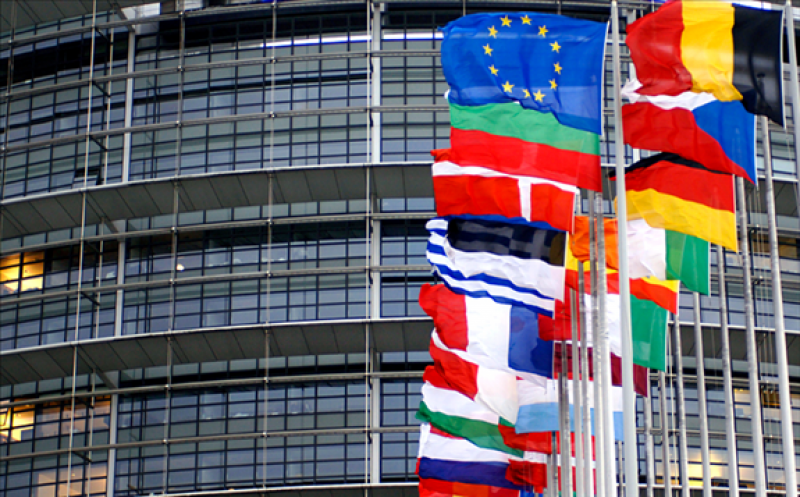After four days of talks, EU leaders have agreed on a recovery package and the 2021-2027 budget that will help the EU to rebuild after the COVID-19 pandemic and will support investment in the green and digital transitions.

The socio-economic fallout from the COVID-19 crisis requires a joint and innovative effort at EU level in order to support the recovery and resilience of the member states’ economies.
EU leaders have agreed to a comprehensive package of €1 824.3 billion which combines the multiannual financial framework (MFF) and an extraordinary recovery effort under the Next Generation EU (NGEU) instrument.
The recovery plan, which will require the EU to tap financial markets for €750 billion ($858 billion), consists of €390 billion ($446 billion) in non-repayable grants to struggling countries hardest hit by the coronavirus.
The originally proposed amount of €500 billion ($573 billion) in grants was ultimately reduced to appease a group known as the ‘frugal four’ comprising of Austria, the Netherlands, Sweden and Denmark. These were the more fiscally conservative nations concerned about the costs involved. As part of the deal, these four nations will receive significant increases in the rebates they receive on their budget contributions
A further €360bn in low-interest loans will be available to members of the bloc, designed to maintain spending in the aftermath of lockdowns that badly affected public finances. The deal now also includes checks to prevent misuse of funds.
President Michel, president of the European Council, said: “We have reached a deal on the recovery package and the European budget. These were, of course, difficult negotiations in very difficult times for all Europeans. A marathon which ended in success for all 27 member states, but especially for the people. This is a good deal. This is a strong deal. And most importantly, this is the right deal for Europe, right now.”
Poland stands to gain €37 billion in grants from the fund. Furthermore, the country could receive funds from a “just transition fund” to move away from coal.
While some have hailed this as a great success unifying the 27 member countries, others are concerned that the money would reach the economy too late. The deal will only become effective 1 January 2021, becoming available in the middle of the year.
There are also concerns that green funding has been watered down in the final agreement. There appears to have been cuts to key climate programmes and insufficient rules to ensure investments aren’t made into polluting projects.